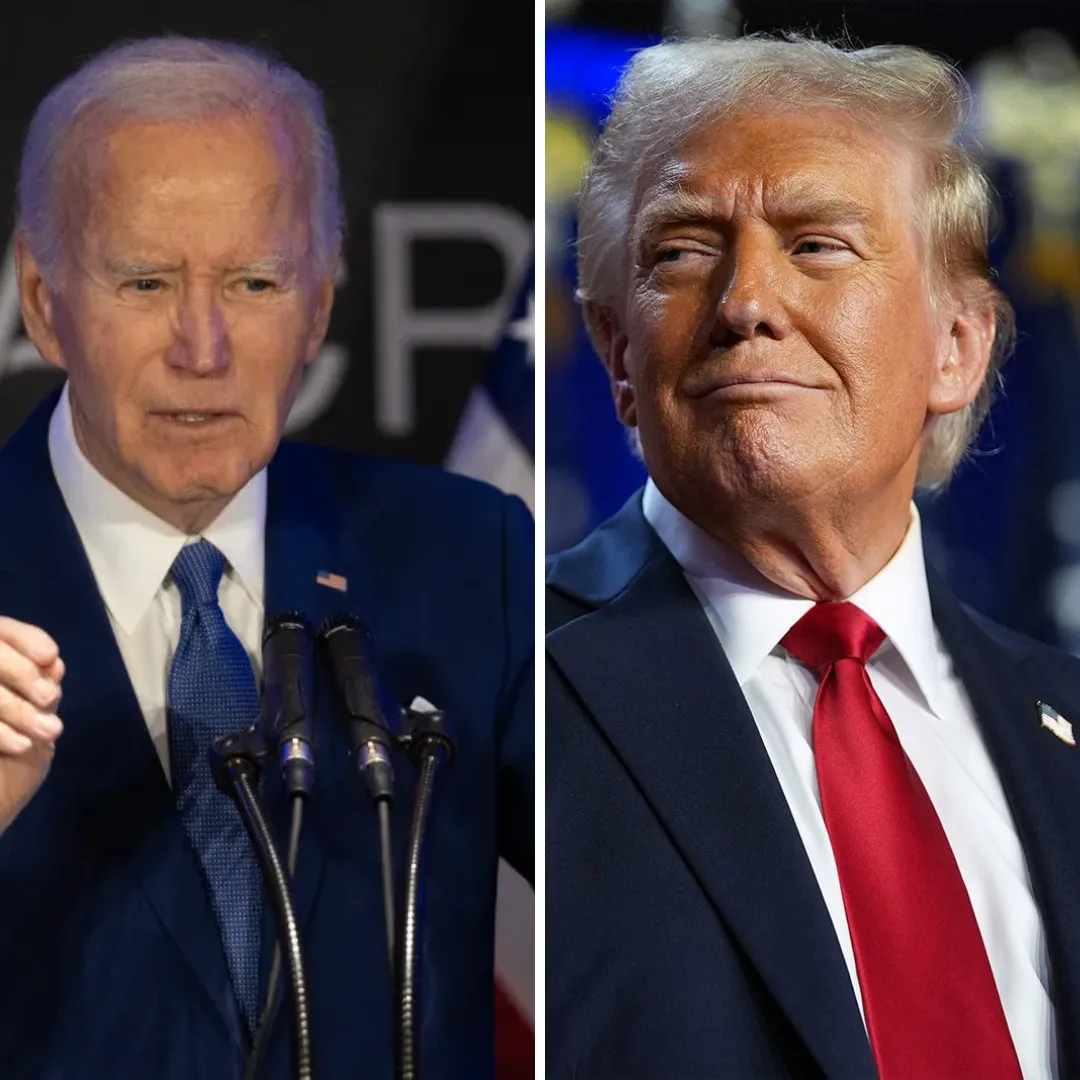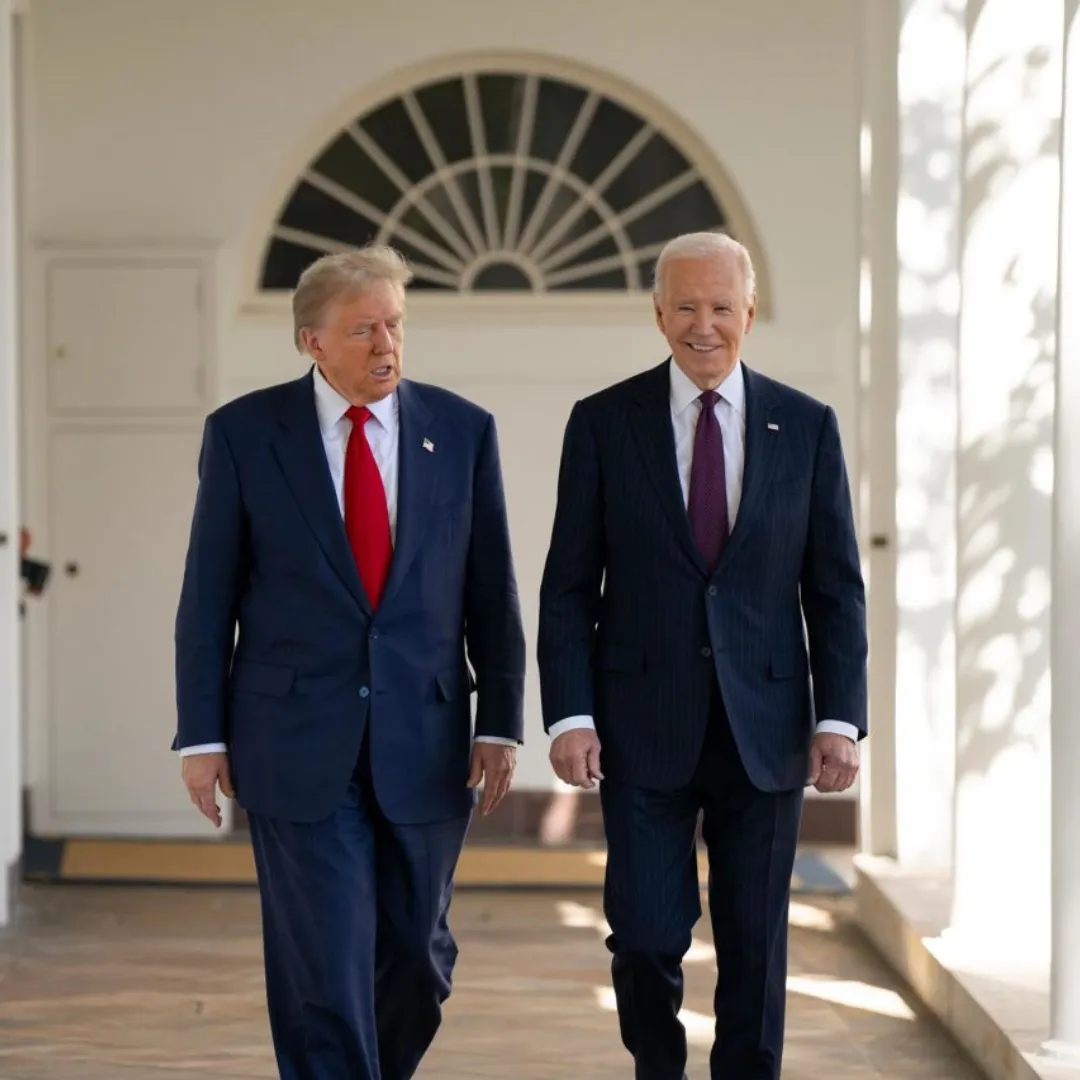
Michigan Senator Elissa Slotkin is calling on her fellow Democrats to sharpen their focus, strengthen their messaging, and reclaim the economic narrative as the 2024 campaign season ramps up. In a recent interview, Slotkin said that former President Donald Trump is currently “very effectively flooding the zone” and that Democrats need to adapt quickly if they want to compete in battleground states and districts.
Slotkin, a former CIA analyst and centrist Democrat who recently won a competitive Senate race in Michigan, is known for her pragmatic approach to politics and national security.
Her remarks reflect growing concerns among Democrats that Trump’s political strategy—characterized by rapid-fire statements, unpredictable moves, and media manipulation—is overwhelming their efforts to maintain a clear message.
"I think that Trump is very effectively flooding the zone," Slotkin said in a wide-ranging interview. "I think that he has people on their heels. People don’t know where to look first on any given day."
According to Slotkin, Trump’s approach is overwhelming not just the public and the media, but the Democratic Party itself. She argued that the traditional party playbook—built around legislation, litigation, communication, and elections—is no longer enough in the current political climate.
"I think that we have a general approach of legislation, litigation, communication, and elections, focusing on those four buckets," she said. "But I think the moment demands more than that."
Slotkin’s comments echo a concern shared by many Democrats that Trump’s return to office has created an atmosphere of chaos and distraction. His administration’s frequent use of executive actions, public outbursts, and policy reversals have made it difficult for the media and political opponents to keep up. Slotkin believes that this kind of political environment requires not just opposition, but proactive strategy.
"As a Midwesterner who won on the same ballot as Trump, I’m going to be banging pots and pans about the economic message over and over and over again," she said. "Because I think in general, as a party, we’ve drifted away from a central focus on the economy and on families, and that to me is an essential center of gravity."

Slotkin’s emphasis on economic messaging stems from her experience running in a politically diverse state. Michigan remains a key battleground, with a large working-class population, a significant manufacturing base, and a history of swinging between parties.
Slotkin has consistently centered her campaigns around the middle class, economic growth, and national security—three pillars she believes the Democratic Party must prioritize.
"The middle class is an absolutely essential part of American life," she said. "We need to grow and expand it. And we need to focus on the three big things that most Americans can agree on, which is strong economic security, strong national security, and strong democracy."
Her remarks also included a clear call for Democrats to move beyond a purely defensive posture. Drawing on her background in intelligence and military planning, Slotkin emphasized the importance of having a forward-leaning strategy.
"I come from a world of war planning, a world of constant, prudent planning," she said. "I come from a world where you can’t just play defense only. There’s no such thing as winning, in any operation or in any war, by just playing defense. What we owe the country is a strategy that does more than play defense."
Slotkin’s critique isn’t limited to political messaging; it extends to how Democrats respond to the tactics used by Trump and his allies. Many observers have described Trump’s strategy as deliberately chaotic—releasing multiple controversial statements and policy decisions within short time spans, often forcing opponents to split their attention. The approach has been effective in shaping media narratives and frustrating political adversaries.
"Essentially they flood the zone, and the chaos causes a lot of journalists to be all over the place, and the Democrats have no idea what to say," one Trump ally reportedly said earlier this year.
Slotkin believes that Democrats can counter this strategy by simplifying their message and focusing relentlessly on the economy—especially how it impacts real people in middle America. She said the party needs to reclaim its identity as the voice of working families, rather than getting bogged down in internal divisions or reactive politics.

"I think that for the last couple of cycles, we’ve allowed ourselves to get too focused on issues that, while important, aren’t resonating with people who are trying to pay their rent or afford childcare," Slotkin said. "We’ve got to get back to talking about things that are concrete and immediate."
Her call to action comes as Democrats gear up for what could be one of the most consequential election cycles in recent history. With the White House, Senate, and House all in play, the stakes are high.
Slotkin’s Senate victory in Michigan is seen as a blueprint for how Democrats can win in purple states, but she warns that success will depend on strategy and discipline.
"If we go into this next cycle without a clear economic message, without showing people what we’re doing to make their lives better, then we’re going to lose," she said.
Slotkin has also expressed frustration with the tendency to rely too heavily on negative campaigning. While she acknowledged that holding Trump accountable is important, she emphasized that it should not be the party’s sole message.
"You can’t just run against Trump," she said. "You have to give people a reason to vote for you. You have to show them what you're fighting for, not just what you’re fighting against."
In the interview, Slotkin reiterated that national security and democracy are key parts of her political agenda. But she stressed that these issues must be connected to people’s everyday lives if they are going to have lasting impact.
"People care about democracy. They care about protecting the country. But they also care about whether they can afford groceries," she said. "We have to connect those dots. We can’t speak in abstract terms. We have to make it real."
Slotkin’s own experience working in the intelligence community has informed her view of politics. She said that her background gave her a deep understanding of strategic planning and risk assessment, both of which she believes are lacking in the current Democratic strategy.
"In my old job, we didn’t just wait for something to happen and then respond. We made plans, we looked ahead, we anticipated the worst-case scenarios," she said. "We need to bring that same mindset to politics."

As she looks ahead to 2025 and beyond, Slotkin said she wants to see Democrats build a long-term vision for the country—one that isn’t constantly reacting to Trump, but instead focused on building a stronger, more inclusive economy and a more resilient democracy.
"This isn’t about the next press cycle. It’s about the next generation," she said. "We have a responsibility to lead, not just respond. And that means building a strategy that looks beyond Trump and focuses on the kind of country we want to become."
While Slotkin stopped short of criticizing specific Democratic leaders, her comments suggest that she wants to see more urgency and clarity from the party’s top figures. She has called for a national economic messaging campaign, more town halls in working-class communities, and a renewed emphasis on listening to voters in places where Democrats have lost ground.
"People want to be heard," she said. "They want to know that we see them, that we understand what they’re going through. If we don’t show up in their communities, if we don’t listen to them, then we don’t deserve their vote."
Slotkin’s approach reflects a growing movement within the Democratic Party to focus on rebuilding trust with working-class voters, particularly in states like Michigan, Wisconsin, and Pennsylvania. Her message is simple but urgent: Democrats cannot afford to keep playing defense.
"If we want to win, we need to take the fight to the voters," she said. "We need to give them something to believe in. And we need to do it now."



